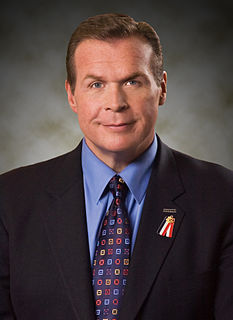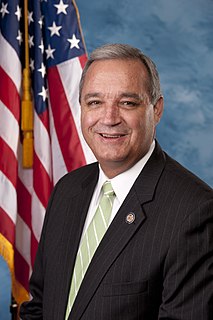A Quote by J. D. Hayworth
A fair question could be posed in this fashion: If people are not obeying existing laws, what makes us think they would obey any new laws?
Related Quotes
Laws, it is said, are for the protection of the people. It's unfortunate that there are no statistics on the number of lives that are clobbered yearly as a result of laws: outmoded laws; laws that found their way onto the books as a result of ignorance, hysteria or political haymaking; antilife laws; biased laws; laws that pretend that reality is fixed and nature is definable; laws that deny people the right to refuse protection. A survey such as that could keep a dozen dull sociologists out of mischief for months.
The laws of Nature, that is to say the laws of God, plainly made every human being a law unto himself, we must steadfastly refuse to obey those laws, and we must as steadfastly stand by the conventions which ignore them, since the statutes furnish us peace, fairly good government, and stability, and therefore are better for us than the laws of God, which would soon plunge us into confusion and disorder and anarchy if we should adopt them.
It is dangerous to tell the people that the laws are unjust; for they obey them only because they think them just. Therefore it isnecessary to tell them at the same time that they must obey them because they are laws, just as they must obey superiors, not because they are just, but because they are superiors. In this way all sedition is prevented.
I think that there are non-physical laws all right: genuine (if not strict) laws written in the language of biology, economics, and so on. But I don't regard that as a contentious issue. Even reductionists about chemistry will think that there are special chemical laws whose formulation makes essential use of chemical terminology.
There exists ample authority under which population growth could be regulated...It has been concluded that compulsory population-control laws, even including laws requiring compulsory abortion, could be sustained under the existing Constitution if the population crisis became sufficiently severe to endanger the society.

































